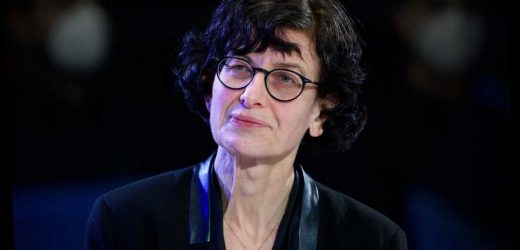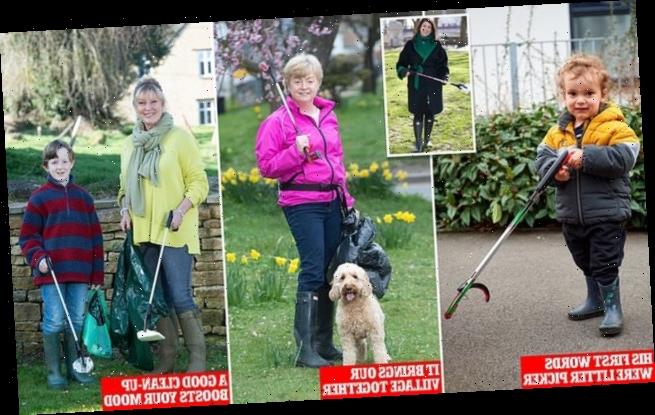More On:
cancer
Researchers study impact of pandemic cancer screening pause
Breast cancer survivor covers fertility preservation costs for women
Fast-paced walking helps you live longer: study
Kentucky woman claims hospital missed her cancer, then covered it up
The German company behind the first-ever approved COVID-19 vaccine is developing a jab to help fight cancer — which may be available in as soon as two years.
BioNTech was already working on a cancer-focused jab when COVID-19 infection began spreading across the world.
The coronavirus vaccine developed by the company and Pfizer was approved in Britain within the first 11 months of the pandemic — boosting funds needed for BioNTech to continue pursuing the cancer vaccine.
Its COVID vaccine uses mRNA, a messenger RNA, to carry instructions into the human body for making proteins that prime it to attack a virus — the same technology it will rely on to get the immune system to battle tumors.
“We have several different cancer vaccines based on mRNA,” said Ozlem Tureci, who founded BioNTech with her husband Ugur Sahin.
Asked when such a treatment might be available, Tureci said “that’s very difficult to predict in innovative development. But we expect that within only a couple of years, we will also have our vaccines (against) cancer at a place where we can offer them to people.”
On Friday, German President Frank-Walter Steinmeier awarded the husband-and-wife team one of the country’s highest decorations — the Order of Merit.
“You began with a drug to treat cancer in a single individual,” Steinmeier told the couple. “And today we have a vaccine for all of humanity.”
Tureci said the award was “indeed an honor” but said she couldn’t do it without others.
“It’s about the effort of many: our team at BioNTech, all the partners who were involved, also governments, regulatory authorities, which worked together with a sense of urgency,” Tureci said. “The way we see it, this is an acknowledgement of this effort and also a celebration of science.”
With Post wires
Share this article:
Source: Read Full Article



